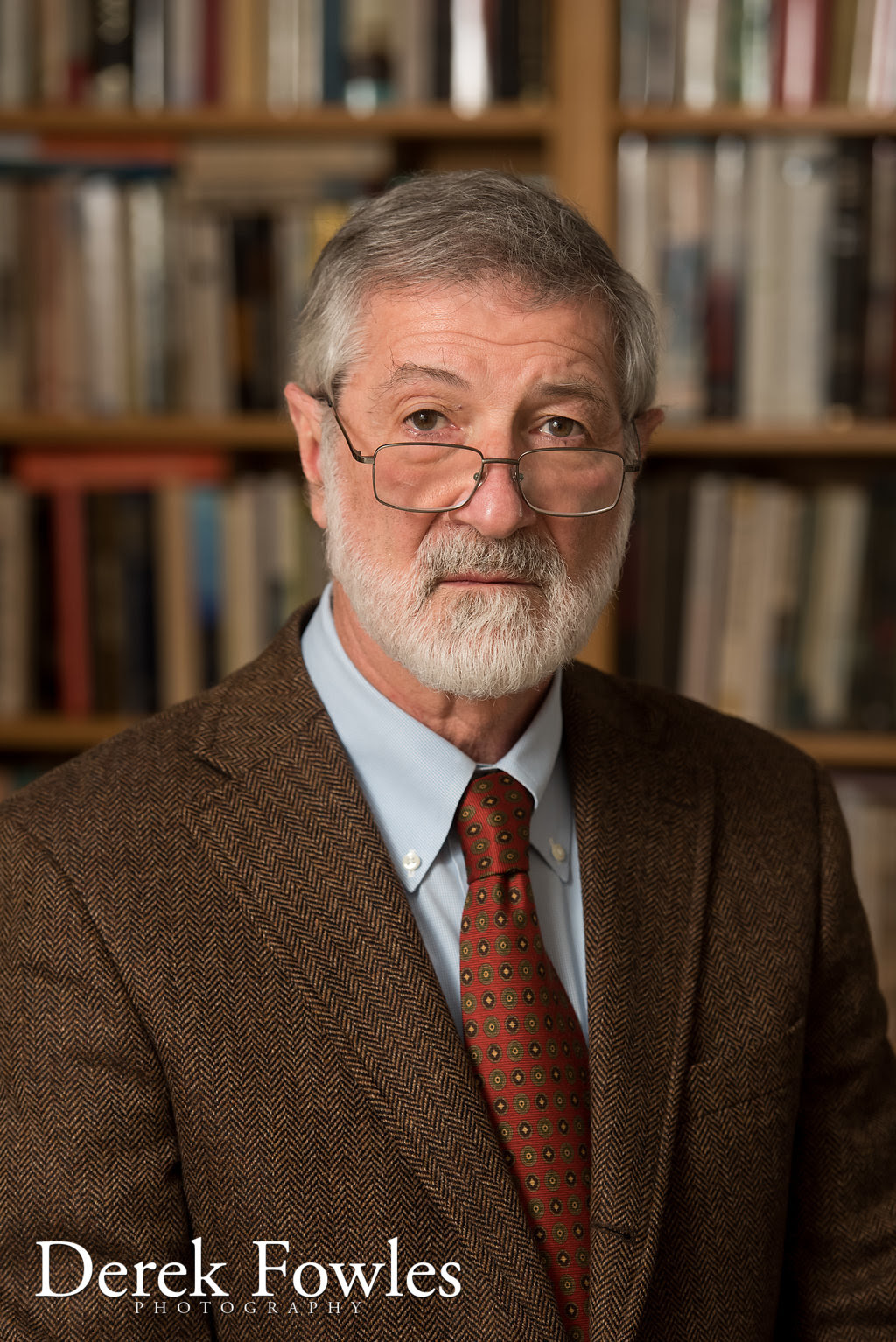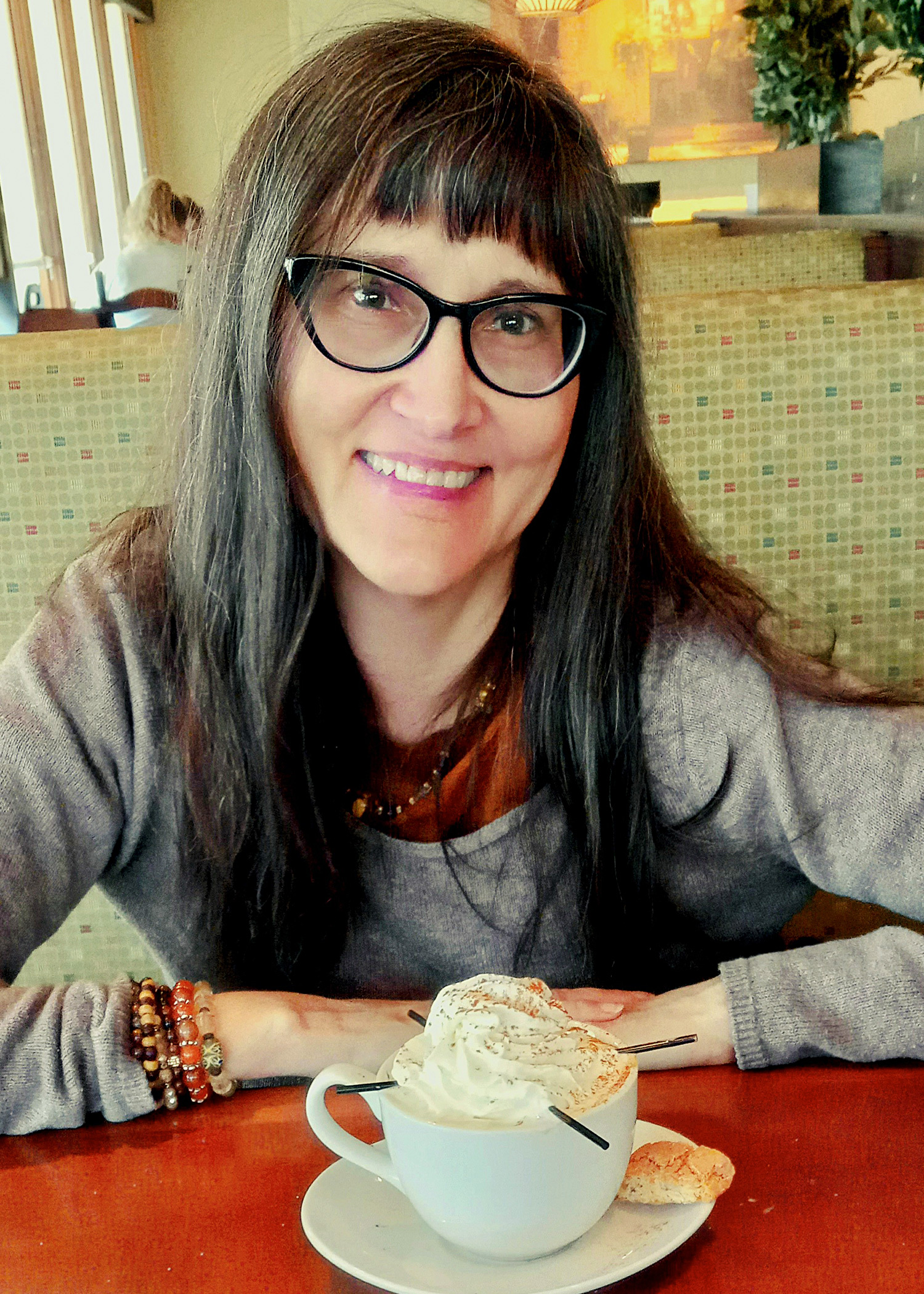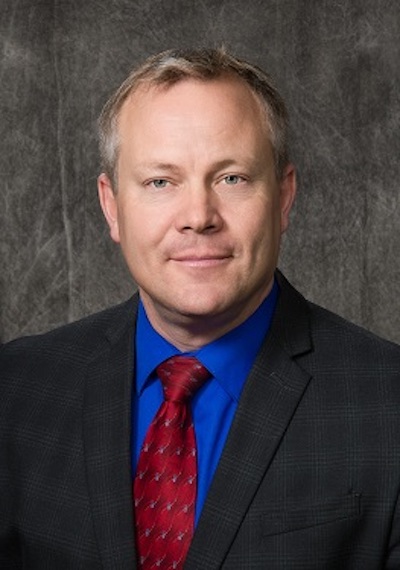
The Nuclear Threat
I really hate talking about this, and I imagine you do, too. But let’s be adults. Humanity has a nuclear weapons problem that could wipe out everything — yes, everything! Americans were more woke (yeah, I said woke) about the nuclear threat back in the 1980s.
Real change was accomplished at that time, including a ban on nuclear testing, in large part because of the huge global, grassroots movement to end the nuclear arms race.
It was fear of nuclear war that compelled me to become politically active in 1984. I was farming my family’s ancestral land in Ireland that year. In between planting potatoes and making hay, I participated in protests organized by Irish Campaign for Nuclear Disarmament against then-president Ronald Reagan’s unsuccessful proposal to station nuclear missiles in Ireland. Continue Reading →




